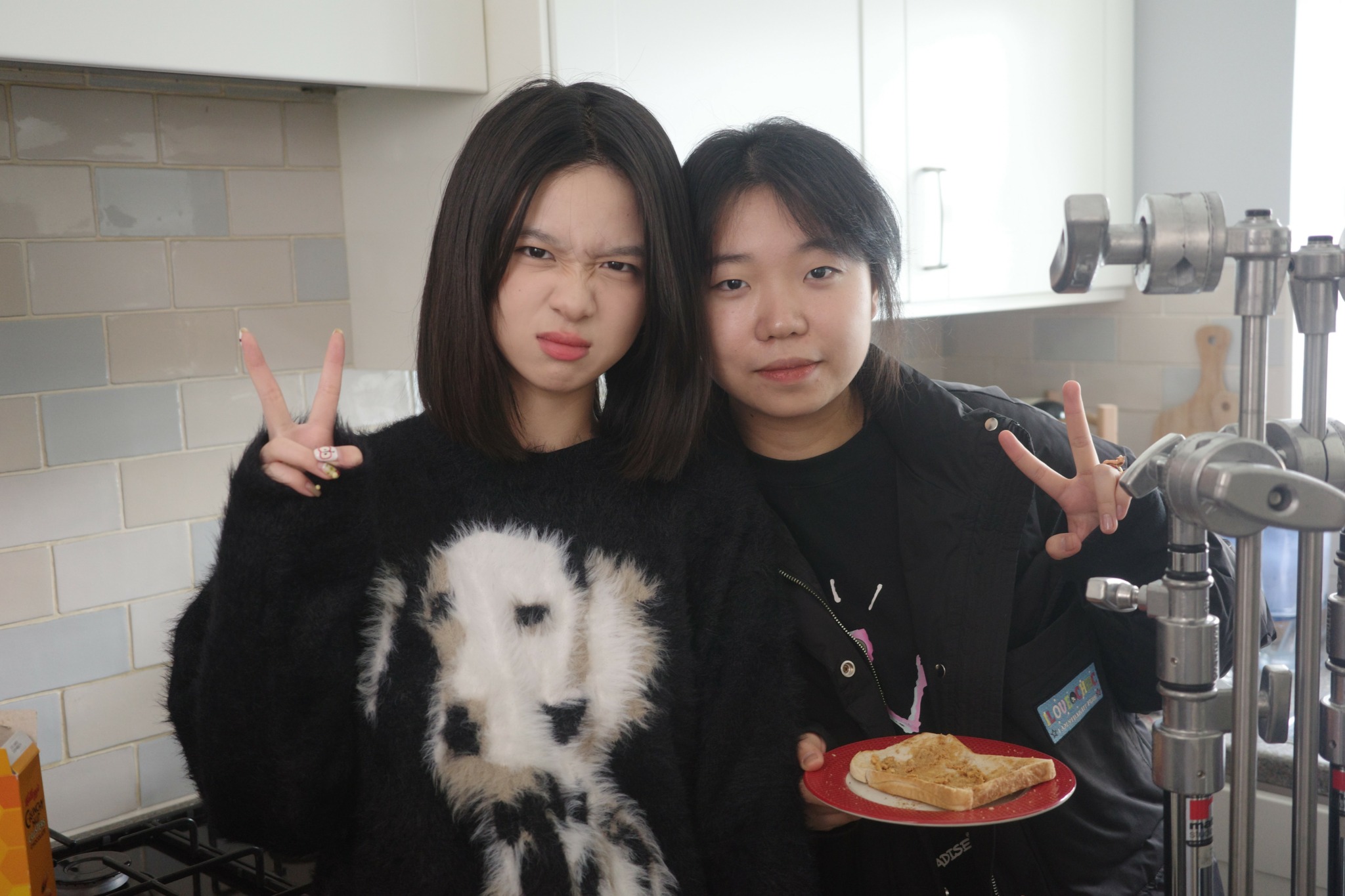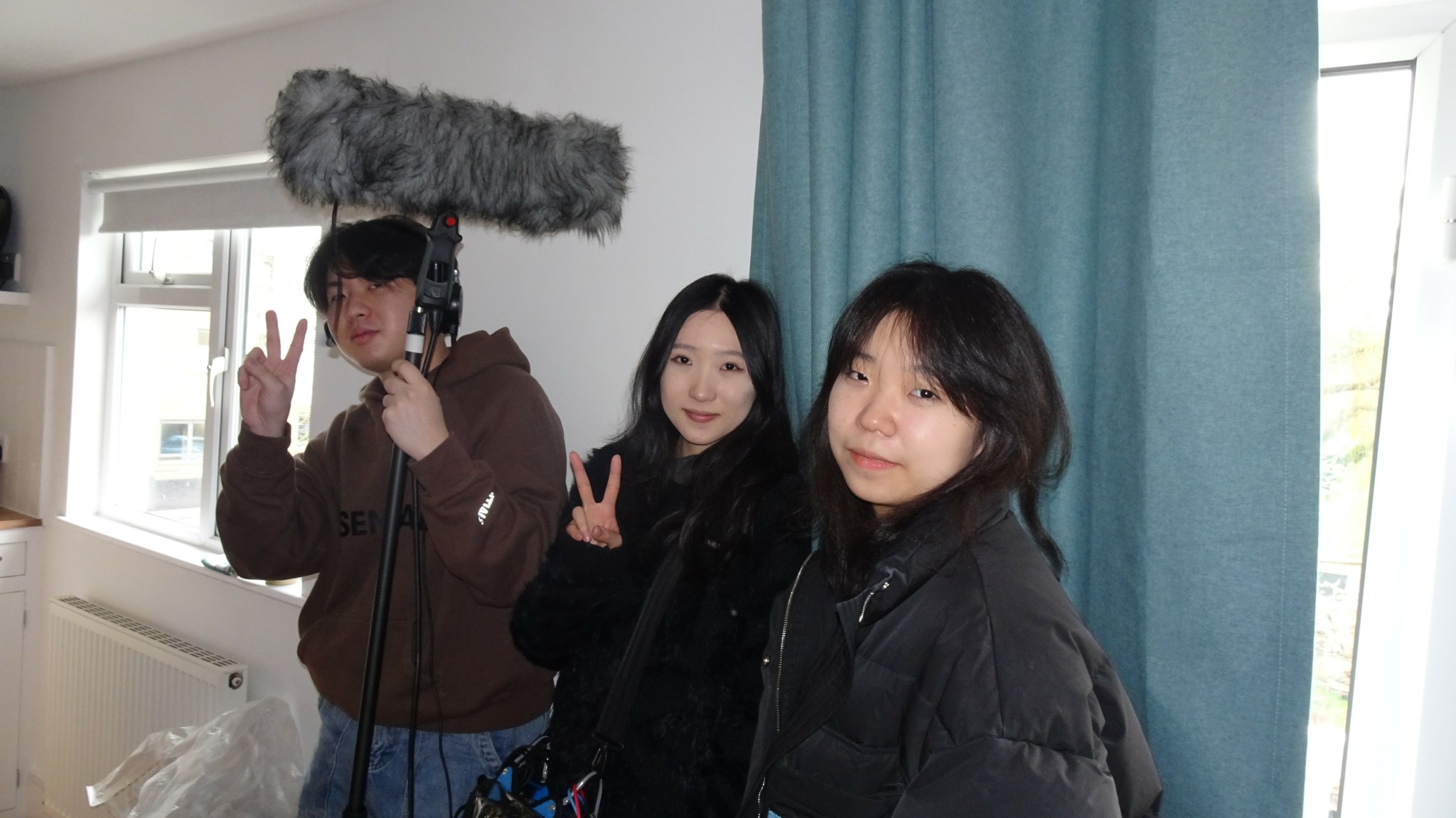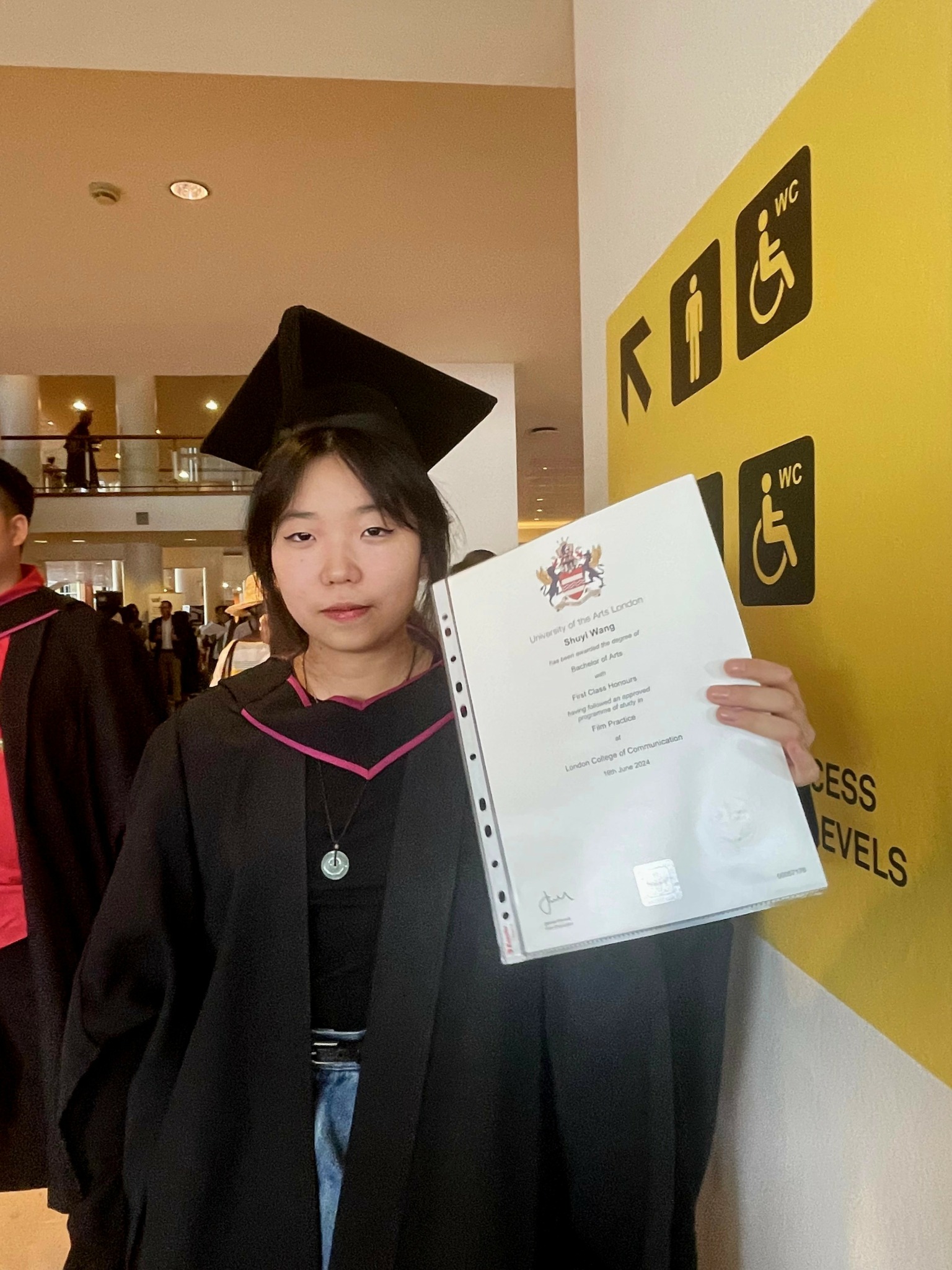We’re excited to introduce you to the always interesting and insightful Shuyi Wang. We hope you’ll enjoy our conversation with Shuyi below.
Hi Shuyi, thanks for joining us today. Let’s start big picture – what are some of biggest trends you are seeing in your industry?
One of the most significant trends I’m seeing in the industry right now is decentralization — a shift in power, geography, and influence away from the traditional studio system. It’s not just that studios like Warner Bros. have less control over creative decisions; it’s that their role is no longer the center of gravity in filmmaking.
Take the upcoming project Sinners, for instance. It’s not an indie film — but what’s interesting is how the deal was structured. The director secured a first-dollar gross deal, and Warner Bros. won’t retain rights after a set number of years. That kind of arrangement would’ve been unthinkable a decade ago. It points to a growing willingness — even from legacy players — to adapt to a more creator-forward landscape, where ownership and creative leverage don’t solely belong to the studio.
This decentralization is also geographic. The U.S. is no longer the sole cultural exporter. Audiences around the world are embracing local stories with global reach — something Netflix has leaned into heavily with its “produce locally, distribute globally” model. Shows from Korea, Spain, and India are now part of the mainstream conversation, proving that emotional truth travels farther than language barriers.
At the same time, Hollywood’s waning influence in markets like China is another indicator. Fewer U.S. films are getting wide releases there, and domestic productions are dominating the box office. It’s a quiet but telling recalibration of cultural power.
Criticism is shifting too. Traditional critics once shaped how a film was received, but today, audiences often make up their minds in real time on social media. Just look at the frenzy around the Minecraft movie trailer. Before any official review comes out, the internet’s already decided whether it’s a joke or a masterpiece.
Of course, this decentralization comes with challenges — fragmented attention, unpredictable audience reactions, and less consistent standards. But it also opens up incredible opportunities. It means more room for diverse voices, experimental formats, and new models of ownership. As a filmmaker, it’s both daunting and liberating. You’re no longer trying to break into a single system — you’re participating in an ecosystem that’s constantly shifting and reshaping itself.
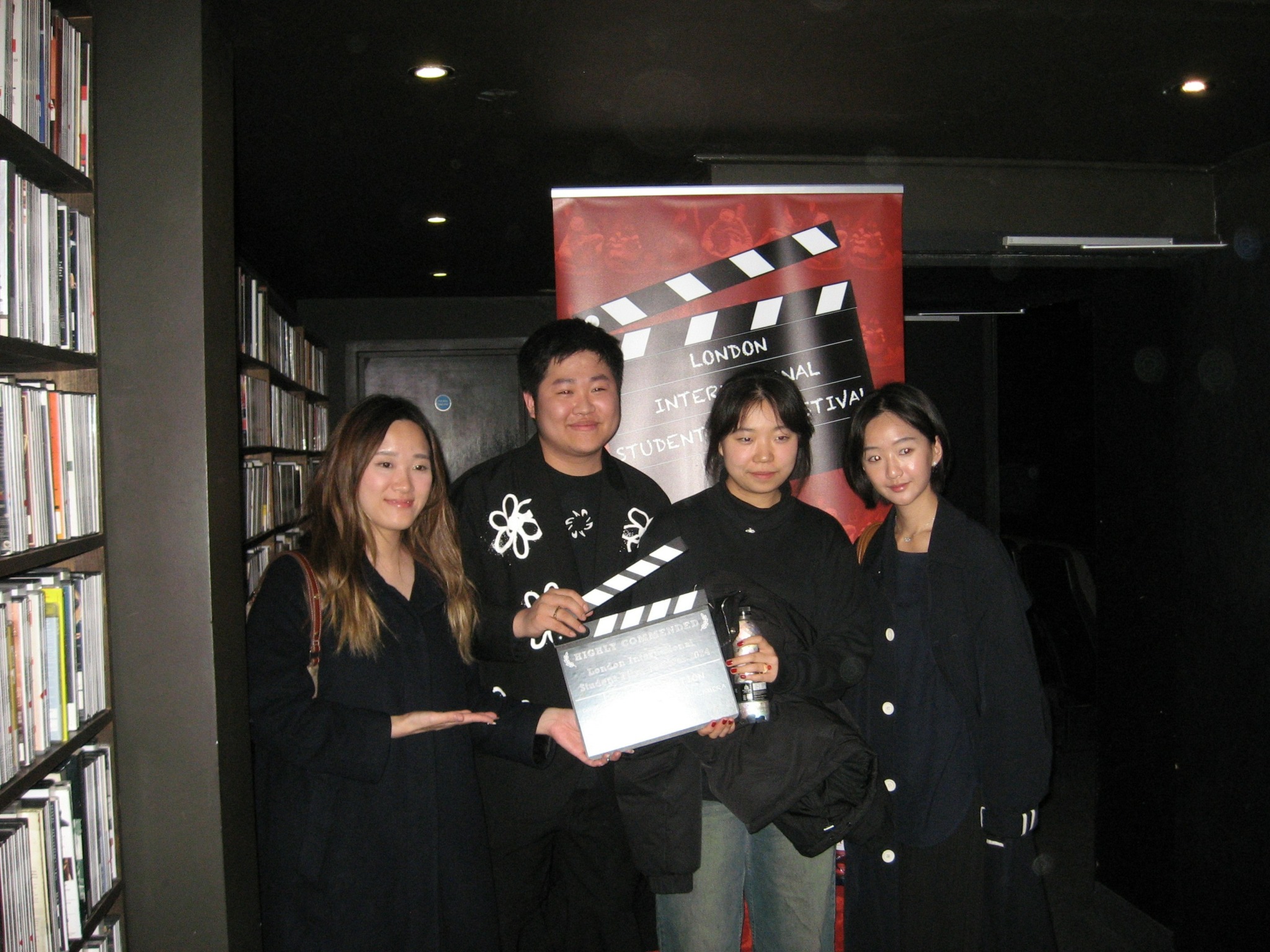
As always, we appreciate you sharing your insights and we’ve got a few more questions for you, but before we get to all of that can you take a minute to introduce yourself and give our readers some of your back background and context?
My name is Shuyi, and I’m currently a graduate student in the UCLA Producers Program, where I focus on scripted film and television. But my path to Hollywood started long before I came to Los Angeles — and it’s taken me across cities, cultures, and creative communities.
I first entered the film industry through Liangjie Culture Media Company in Beijing, where I worked as the Head of the Screening Department. There, I was responsible for curating film screenings and inviting international directors to present their work and engage in post-screening Q&As. That role gave me my first taste of the global film landscape and exposed me to a wide range of perspectives and cinematic voices — a formative experience that sparked my interest in cross-cultural storytelling.
From Beijing, I moved to London to study film at the University of the Arts London (UAL). My time there was deeply rooted in the independent film scene — I explored the city through its independent cinemas and screening programs and found myself constantly inspired by the diversity of stories and styles. I collaborated with filmmakers from all over the world and produced several short narrative films. One of my proudest projects was my undergraduate thesis film, which told the story of child marriage in Turkey. It was a difficult subject, but I felt a responsibility to bring attention to it — and that experience solidified my belief in the power of socially conscious storytelling.
Now based in Los Angeles, I came to UCLA to learn more about the American studio system and immerse myself in the Hollywood production model. Being here has brought me closer to the heart of the industry, and it’s been eye-opening to witness how quickly the landscape is evolving — from the rise of global content to the decentralization of power in filmmaking.
At the core of my brand is a commitment to filmmaker-driven, character-centered storytelling. Whether I’m producing, curating, or developing projects, I’m always drawn to emotionally grounded stories that reflect deeper truths about who we are. I work across development, production, and distribution, and I especially love collaborating with directors who have a strong personal vision.
Looking ahead, my goal is to become an independent producer who can travel internationally with my projects — someone who builds bridges between cultures through cinema. On the way to that, I’m pursuing opportunities to work as a development executive, where I can champion bold new voices and help shape meaningful stories from the ground up.
What I want people to know about me and my work is that I’m deeply invested in stories that matter — stories that challenge, connect, and ultimately, endure.
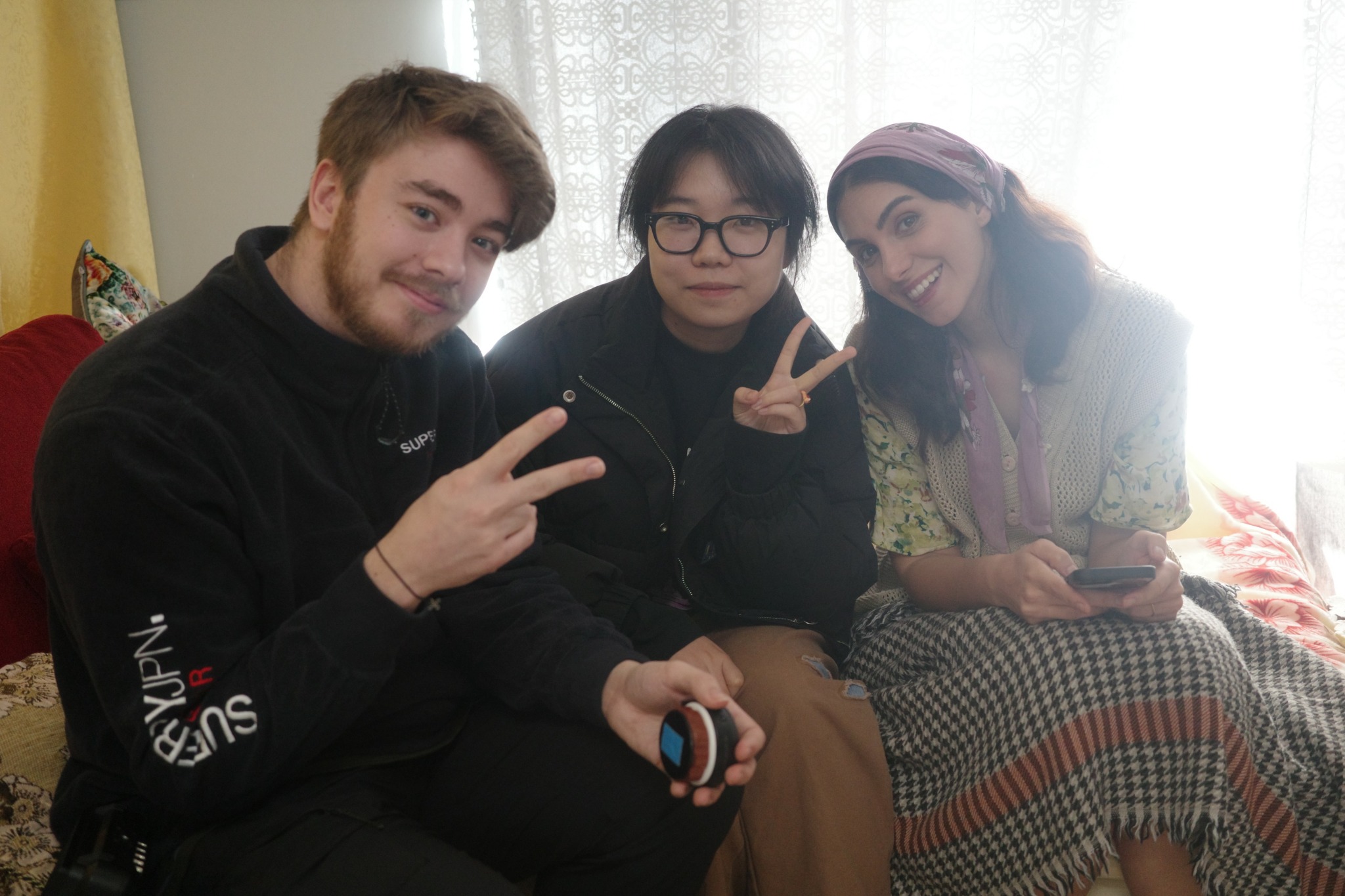
What do you find most rewarding about being a creative?
For me, the most rewarding part of being a creative — especially in film and television — is the ability to connect with people. Not just with audiences, but with collaborators throughout the entire process. I think that’s something really unique to this industry. Film is inherently collaborative — it’s built on the collective effort of so many artists coming together, and when a project truly works, you can feel that unity in every frame.
What moves me most is that the final piece isn’t just the product of one person’s vision — it’s a representation of shared energy, trust, and communication. And when someone connects emotionally with the finished work, they’re also connecting with the invisible web of people behind it. That kind of layered connection — between creators and between creators and audience — is what makes this work so meaningful to me.
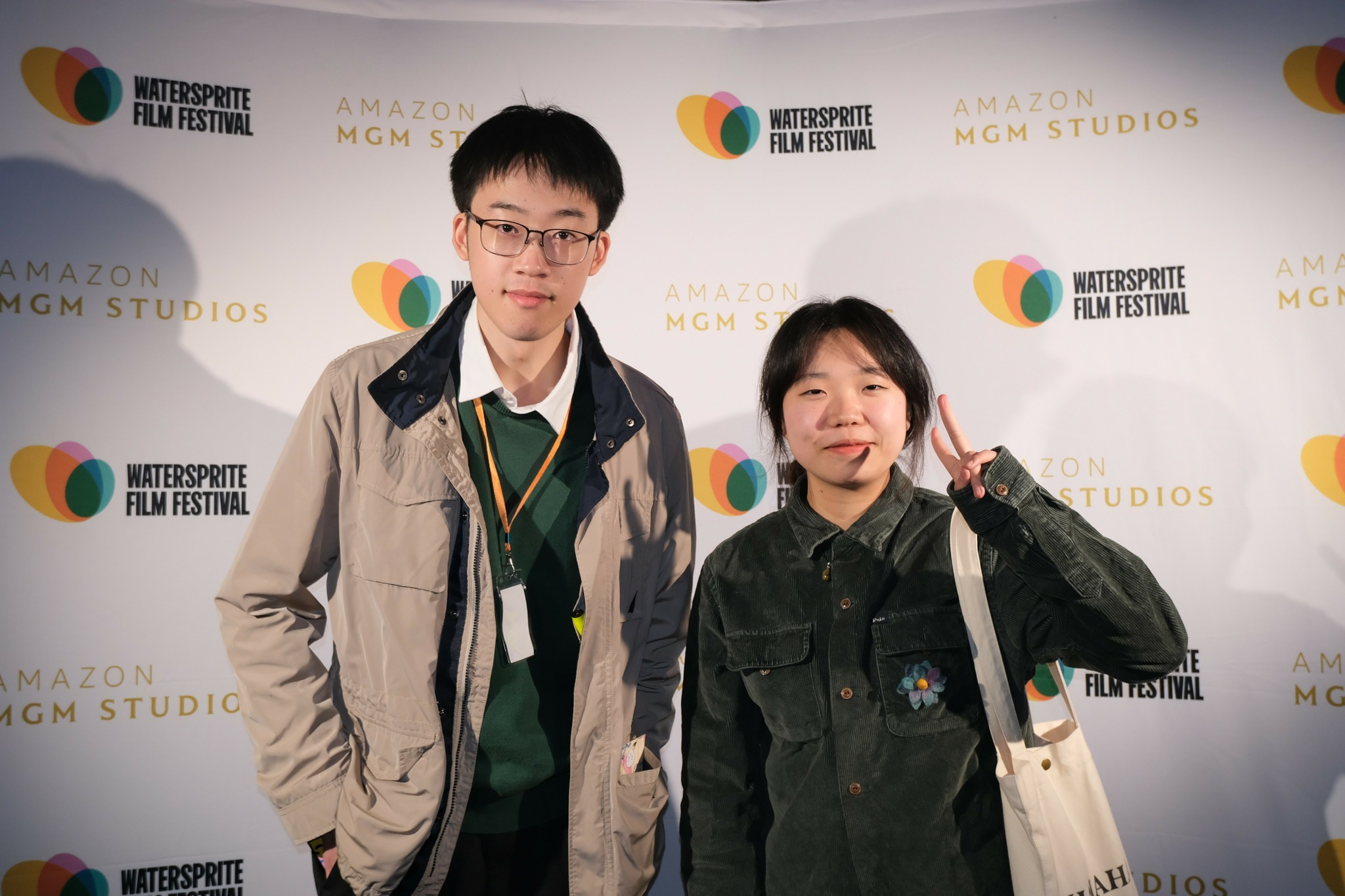
Do you think there is something that non-creatives might struggle to understand about your journey as a creative? Maybe you can shed some light?
One thing I think non-creatives often misunderstand is the idea that creatives — especially filmmakers — are all introverted, isolated, or working in solitude. In reality, it’s often the opposite.
Especially in film and television, creativity is an incredibly outward-facing and social process. It requires constant communication, vulnerability, collaboration, and the ability to navigate relationships — not just on set, but in development meetings, casting sessions, and pitches. You’re constantly putting your ideas out there and inviting others in. That takes emotional openness, not retreat.
Personally, I’ve found that some of the most creative people I know are also the most emotionally intelligent and socially attuned — they’re great listeners, empathetic collaborators, and generous thinkers. You have to be, because creativity doesn’t just come from inspiration — it comes from connection.
Contact Info:
